- Category
- Anti-Fake
Belarus Debuts Its Very Own Propaganda Video Platform, Already Targeting Ukraine
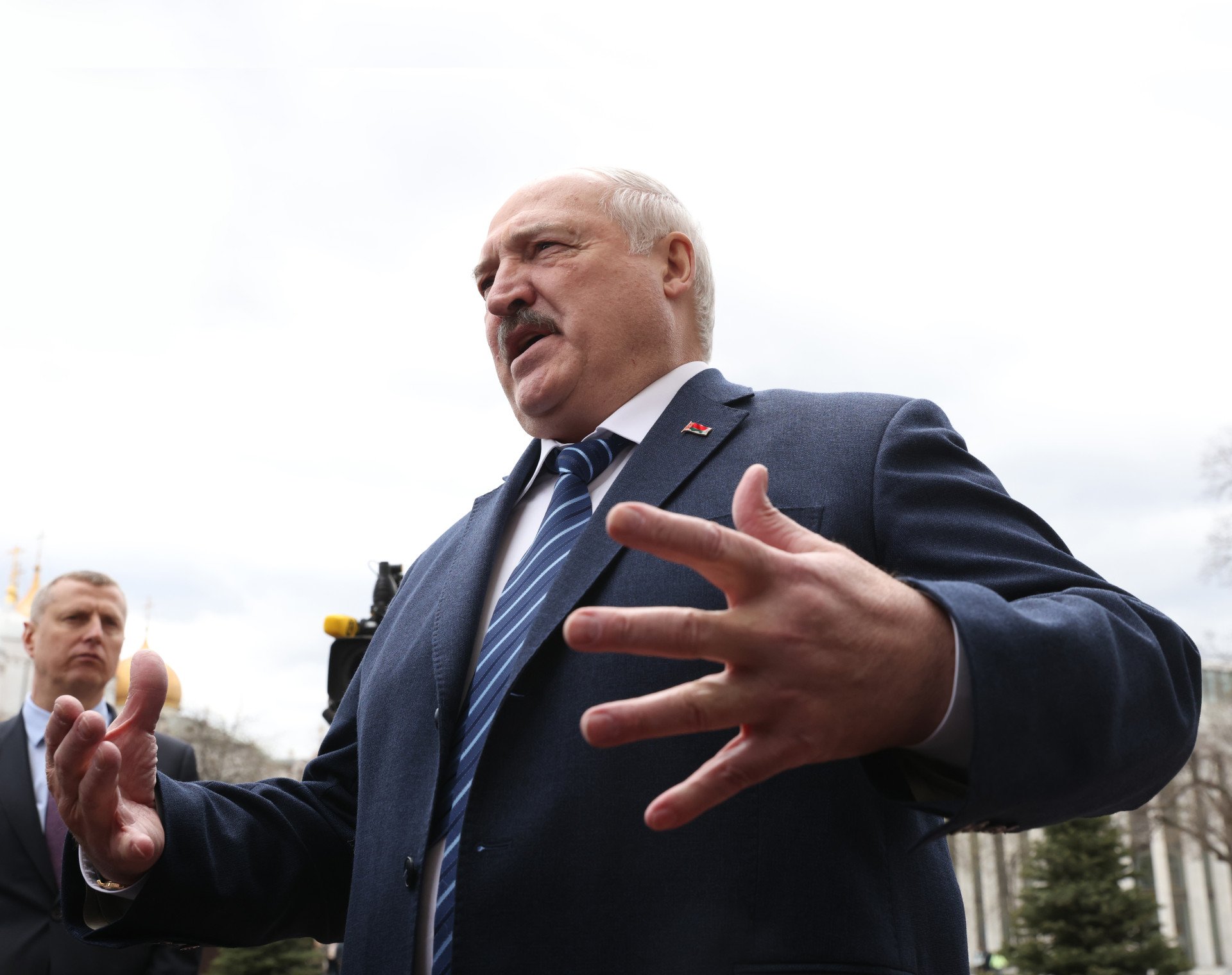
Belarus has launched a new propaganda machine: a state-controlled video-streaming platform called Videobel, the brainchild of the Belarusian dictator Alexander Lukashenko himself. What do we know about the channel and how does this impact Russia’s war in Ukraine?
Videobel was introduced on 12 September 2024. The website specifically published videos produced by the state and state media that have been blocked from Western audiences and social media channels.
“Many understand that things in Belarus are not as they are depicted abroad, everything is happening completely differently” stated the Belarusian Minister of Information Marat Markov when launching the project. “Our task is to show reality using a tool that will not be in the hands of opponents.”
The public can not publish their own videos to Videobel, nor can they react, like, or comment on videos. Russia may reportedly begin publishing videos on the site, but nothing yet has been confirmed. During the first 24 hours of its launch, Videobel claims to have attracted over 160 thousand visitors, mainly from Belarus, Russia, and Poland.
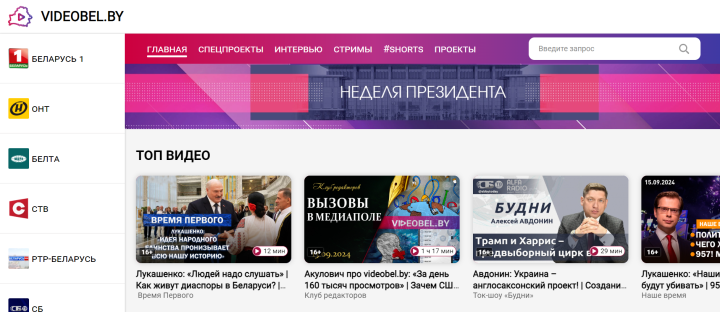
How does this impact Ukraine?
On the main homepage, the majority of videos feature Lukashenko himself along with many videos discussing Russia’s invasion of Ukraine. In the “more” section of each video, there is a time-stamped list showing the various topics discussed within each video. Many videos include typical Russian propaganda lines one might hear about Ukraine.
For example, one video titled “Belarus Sparks Envy, ‘Ukrainian-Style Democracy” includes all the typical Russian propaganda points you might expect to see on their state propaganda channels. The timestamps alone tell a “rich” story:
“There were no soldiers, they only bombed with missiles” // What is the difference in the conduct of military operations between NATO and Russia?
“A million people, according to various sources, were killed” // Do people with different mentalities live in the eastern and western parts of Ukraine?
“She’s a separatist!” // Stanojević about his Ukrainian spouse;
“Not in the interests of their country” // Why are those who suffered in the Great Patriotic War now on the side of the Nazis?
“A shining example of democracy” // The Serbian diaspora was recognized as a terrorist organization in Ukraine.
These are just a few points listed in one video alone.
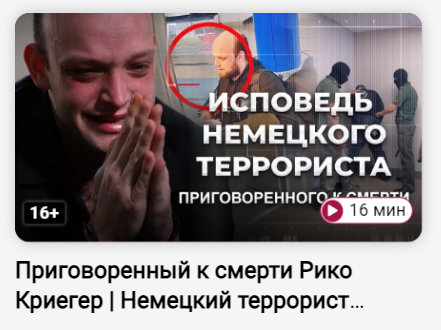
Some of the other most popular videos watched so far include a video of Rico Kreiger, a German citizen, who was sentenced to death in Belarus. Showing snippets of a heavily choreographed interview on state-controlled television, Videobel labels him a “deeply motivated criminal,” accusing him of mercenary work, espionage, and terrorism, including seeking to join the Ukrainian Armed Forces.

Another popular video is a report on a Japanese national accused of espionage amongst other things, including collecting information on developments on the Belarusian-Ukrainian border.
The video pushes familiar propaganda lines: “‘The Ukrainian drone invasion is a provocation against Belarus’ // They want to drag our country into the war.”
These talking points paint Belarus as a victim of Ukrainian and Western informational war and provocations, conveniently ignoring that Belarus allowed Russia to launch its full-scale invasion from its territory and station missile launchers targeting Ukraine.
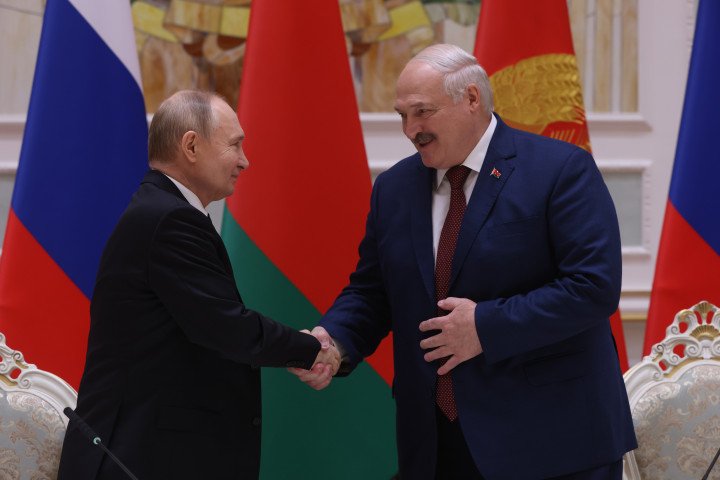
In just less than a week since its launch, it’s clear that this platform is an opportunity for Belarus to further spread anti-Ukraine propaganda worldwide while bypassing the blocks that previously limited their content.
“We are for information security, we understand perfectly well that no one likes the truth,” Belarus state media Director General Irina Akulovich said to the journalists. “They cut it out, try to block it, close it, and individual projects, and channels. Our task is to protect ourselves in the information environment.”
A Belarus state media outlet BelTA claims that Videobel will give people the opportunity “to get the most detailed picture of events, and from different angles.”
However, being a project orchestrated by Lukashenko himself, it’s highly unlikely that “different angles” would be approached.
Restricting Belarus’ disinformation about Russia’s war in Ukraine
Since Russia’s initial invasion of Ukraine and illegal annexation of Crimea in 2014, case law and legislative measures began in Ukraine and EU-wide to prevent propaganda and misinformation pushed by both Moscow and Minsk.
Companies like Google have been working to remove and block certain Belarus channels from Western access. For example, In 2022, Google blocked the channel Belros for promoting violence and disseminating false information. In November 2021, the official Google account and linked YouTube channel of the Belarusian Investigative Committee were blocked due to sanctions.
UK and EU Governments implemented a ban on Russian channels like Sputnik and Russia Today (RT) for the spread of disinformation about Russia’s invasion of Ukraine. They have been taken off air from television channels, removed from Google, and banned from Meta—the parent company of Facebook, Instagram, and WhatsApp.
Reports state that Belarusian state-run TV has effectively been “infiltrated and captured by Russian propagandists since the mass protests started in the country in 2020.”
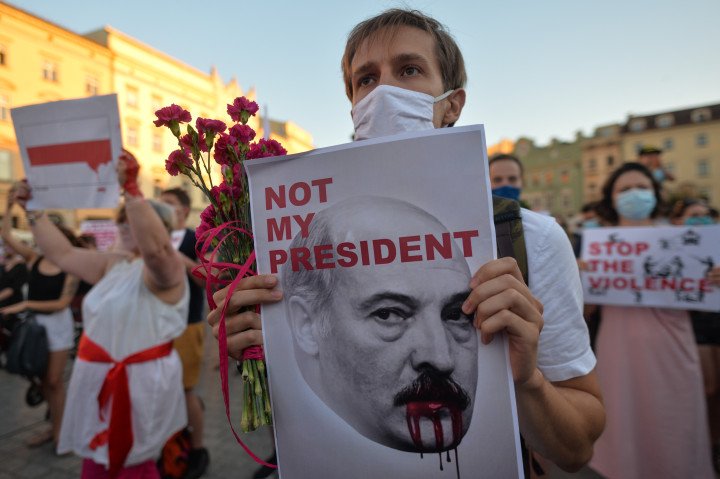
Council of Europe’s IRIS Extra published a report exploring legislative measures and case law in Ukraine and elsewhere in Eastern Europe such as Estonia, Latvia, Lithuania and Moldova against audiovisual media from Russia and Belarus.
It explains how and why restrictions have been put in place on certain media outlets, which, in short, is to curtail “manipulation and distortion of facts in order to enhance (the Russian) strategy of destabilization of its neighboring countries and of the Union and its Member States”
The report further notes that there are no editorial guidelines publicly available for any mainstream media outlets in Russia or Belarus, whether they be commercial or state-run agencies, should they even exist at all.
Broadcasters haven’t stated their recognition of the Russian Union of Journalists’ Code of Professional Ethics or the Ethical Standards of the Media26 as a professional standard. Broadcasters habitually refuse to engage in available external complaints procedures or self-regulation mechanisms.
Belarus’s press freedom worsens
Before Russia invaded Ukraine, Belarus was Europe’s most dangerous country for journalists, reported Reporters Without Borders (RSF). Belarus currently ranks 167th of 180 countries measured for media freedom, 180 being the least free.
Since 2020, Lukashenko introduced harsher measures to control narratives against the regime after his reelection sparked a protest in a fraudulent presidential poll. Since then, security forces have violently assaulted and arbitrarily detained journalists, activists, and ordinary citizens who challenge the regime.
The dictator of Belarus deploys thugs in civilian clothing to hunt down journalists on the streets of Minsk. You can see a police vehicle driving by, ignoring the assault. This is the crew of Russian independent news channel @tvrain getting arrested pic.twitter.com/O0tzL16Qag
— вареничок.eristavi 🇺🇦🏳️🌈 (@maksymeristavi) August 9, 2020
Journalists and their media workers, like in Russia, are being labeled as “extremists” with long prison terms for publishing anything that is not in line with the state’s narrative.
Belarusian authorities have resorted to extreme measures to restrict challenging narratives. In May 2021 authorities hijacked a passenger plane to arrest opposition journalist, Raman Pratasevich, and then forced him to make a “confession” on public television.
While Russia has been restricting social media, Belarus claims it won’t block YouTube—yet. Officials, however, warn that as soon as they (Belarus) “feel a threat from any service provider, they will act accordingly.”
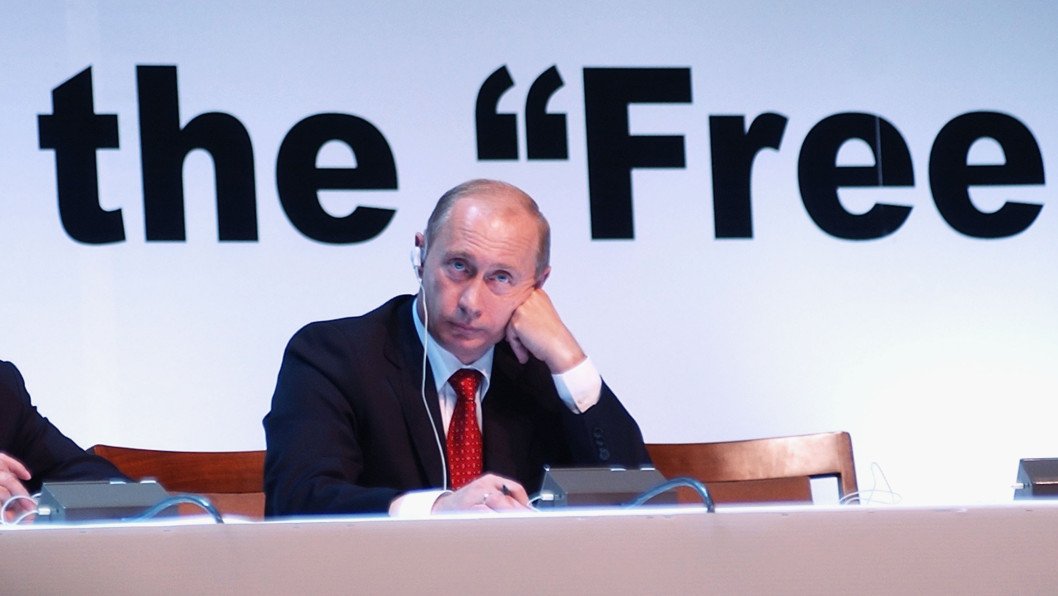
As strict media crackdowns are applied by the EU, U.S., and UK against Russia and Belarus to reduce disinformation, they too are furthering their own restrictions on dissent within their home countries. Even with strict sanctions placed against Moscow and Minsk, propaganda machines continue to find a way to reach audiences worldwide.
Videobel is nothing more than a new platform for the consolidation of Belarusian state propaganda videos. Videobel has enabled an easy access platform for instant propaganda rhetoric, whether Videobel will soon be blocked by Western governments remains to be seen.
-46f6afa2f66d31ff3df8ea1a8f5524ec.jpg)
-3db1bc74567c5c9e68bb9e41adba3ca6.png)



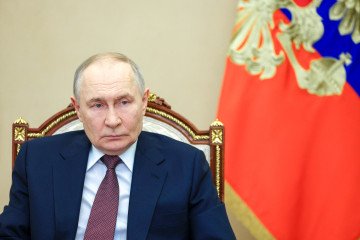
-f88628fa403b11af0b72ec7b062ce954.jpeg)